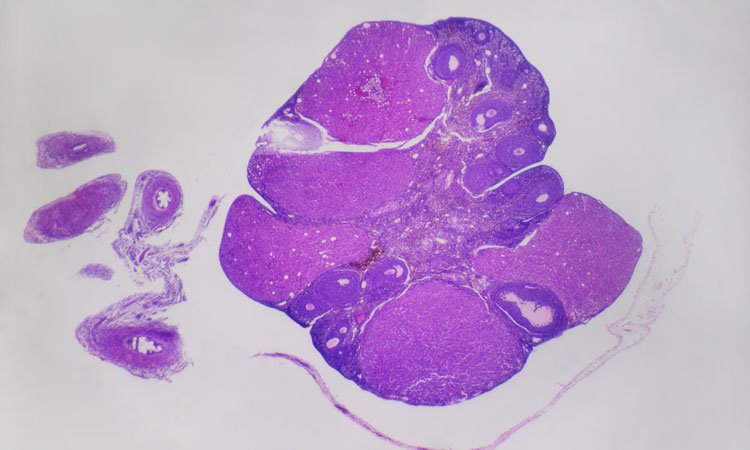Intriguing egg protein behaviour may shape fertility and cancer treatment
Posted: 30 October 2018 | Drug Target Review | No comments yet
Scientists in the U.S. have published their findings about the behaviour of proteins in mouse eggs, projecting possible impacts on infertility and cancer treatment.


Researchers at Rutgers University-New Brunswick have discovered the complicated mechanisms with which three proteins regulate each other in female mouse eggs, or ova – indicating that the finding may play an important role in female fertility and cancer biology.
The unexpected complexity in how these proteins regulate one another does not occur in any other healthy cell type, said study senior author Karen Schindler, an associate professor who specialises in infertility research in the Department of Genetics at Rutgers University-New Brunswick.
The three proteins are Aurora kinase A (AURKA), AURKB and AURKC.
Commenting on the projected impact of their findings, Schindler, who works in the School of Arts and Sciences, said: “Our research could provide a way to diagnose and perhaps treat certain types of infertility that end in early miscarriage.
“This work also impacts cancer biology research because we suspect that the inter-protein regulation that occurs in eggs also occurs in certain types of aggressive cancers. Therefore, the findings could be useful in thinking about precision medicine treatments for cancer patients.”
Schindler, an internationally-recognised expert in female gamete (egg) biology, explained that she specialises in infertility research because she’s fascinated by the surprisingly high frequency of infertility across the globe. One in six couples struggle to start a family in the U.S. alone, she noted.
The next steps for reproductive biology include studying the genomes of infertile patients to see if mutations in their genes represent a significant percentage of the patient population with poor outcomes in an in vitro fertilisation (IVF) clinic, Schindler said. The next steps for cancer biology include carefully evaluating cancers that have all three proteins and finding ways to harness their interactive regulation into a cancer therapeutic.
The research was published in the journal Current Biology.
Related topics
Drug Targets, in vitro fertilisation (IVF), Molecular Biology, Protein
Related conditions
infertility, Ovarian cancer
Related organisations
Rutgers University-New Brunswick
Related people
Karen Schindler


